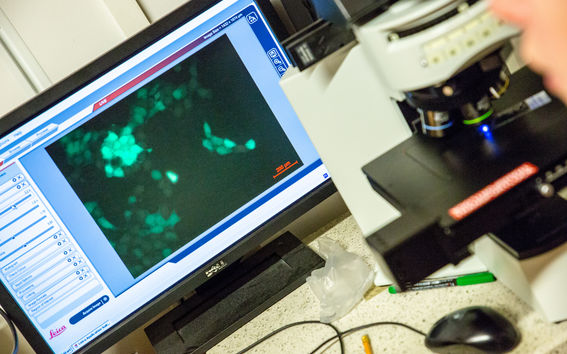Aalto University and the National Institute for Health and Welfare intensify their research cooperation

The projects emphasise the secondary use of valuable social and health care data. This means the use of customer and register data for purposes other than their primary purpose. Act on the Secondary Use of Health and Social Data, which entered into force this spring, promotes the secure use of this information.
This cooperation will combine the parties' complementary strengths, such as expertise in social and health care sector productivity and technologies, high-quality data resources and internationally top-level research methods.
Bringing results to benefit the societal use
Efforts will be made to publish the results of the studies in prestigious international publications. In addition, information will be disseminated through domestic channels to the maximum extent possible for use by decision-makers and society.
The aims of the research cooperation include supporting the next stages of the national social and health care system reform work.
“We are pleased about this closer cooperation with the National Institute for Health and Welfare – it enables valuable synergies as we seek to put our research expertise to greater use in society," says Markus Mäkelä, Executive in Residence and Director of Aalto Health Platform, which develops health and well-being research and cooperation agreements.
“Health and well-being are among our university’s key strategic areas. Aalto’s experience in the field goes back 40 years, and our expertise is strong in areas such as the assessment of health care work processes, productivity planning, artificial intelligence and medical devices.“
“The National Institute for Health and Welfare is increasingly investing in finding strong international research partners. In addition, we have also just launched new research programmes which are excellently suited for cooperation with Aalto University,” says Marina Erhola, Director General of the National Institute for Health and Welfare.
Further information:
Marina Erhola
Director General
National Institute for Health and Welfare
Tel. + 358 29 524 6007
[email protected]
Markus Mäkelä
Executive in Residence
Aalto University
Tel. + 358 50 520 7770
- Published:
- Updated:
Read more news

DeployAI Partners Gather for Heart Beat Meeting in Helsinki
The European DeployAI project's partners gathered for the Heart Beat meeting hosted by Aalto University Executive Education in Helsinki.
Key Skills for Sustainability Experts: Collaboration and Communication
As industries increasingly focus on sustainability, the demand for sustainability expertise is growing. But what specific skills do employers seek in sustainability experts?Unite! Research Week in Grenoble-Autrans, 14-18 October
A networking event focusing on AI, Energy and Industry 4.0 for faculty and doctoral studentsSummmer break in HR service point and new opening hours starting from 6 August 2024
HR service point is closed on 28 June - 5 August 2024. New opening hours are tuesday - thursday at 12.00 - 15.00 starting from 6 August 2024.Please note that the opening hours will change starting from 6 August 2024.